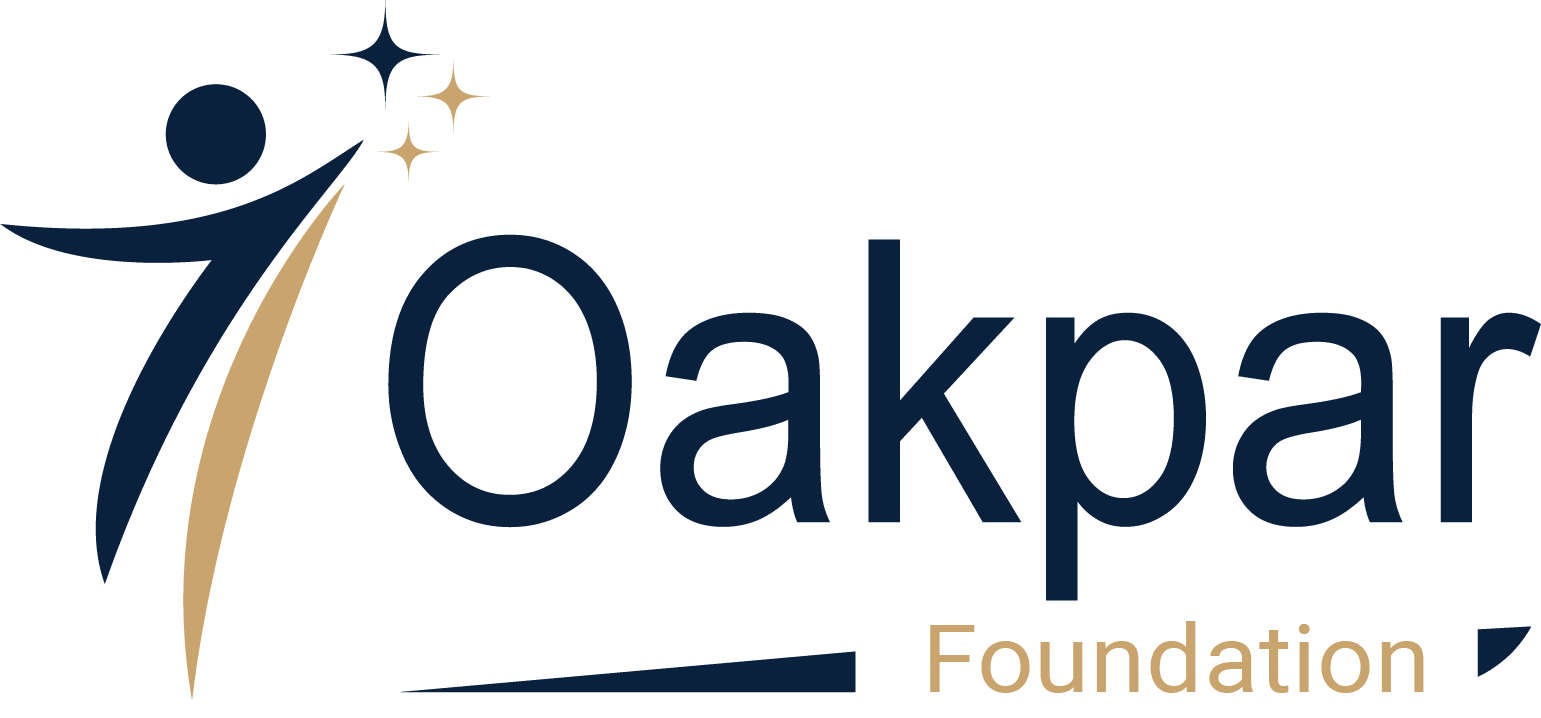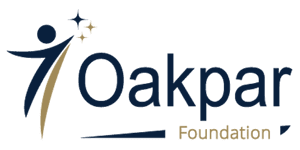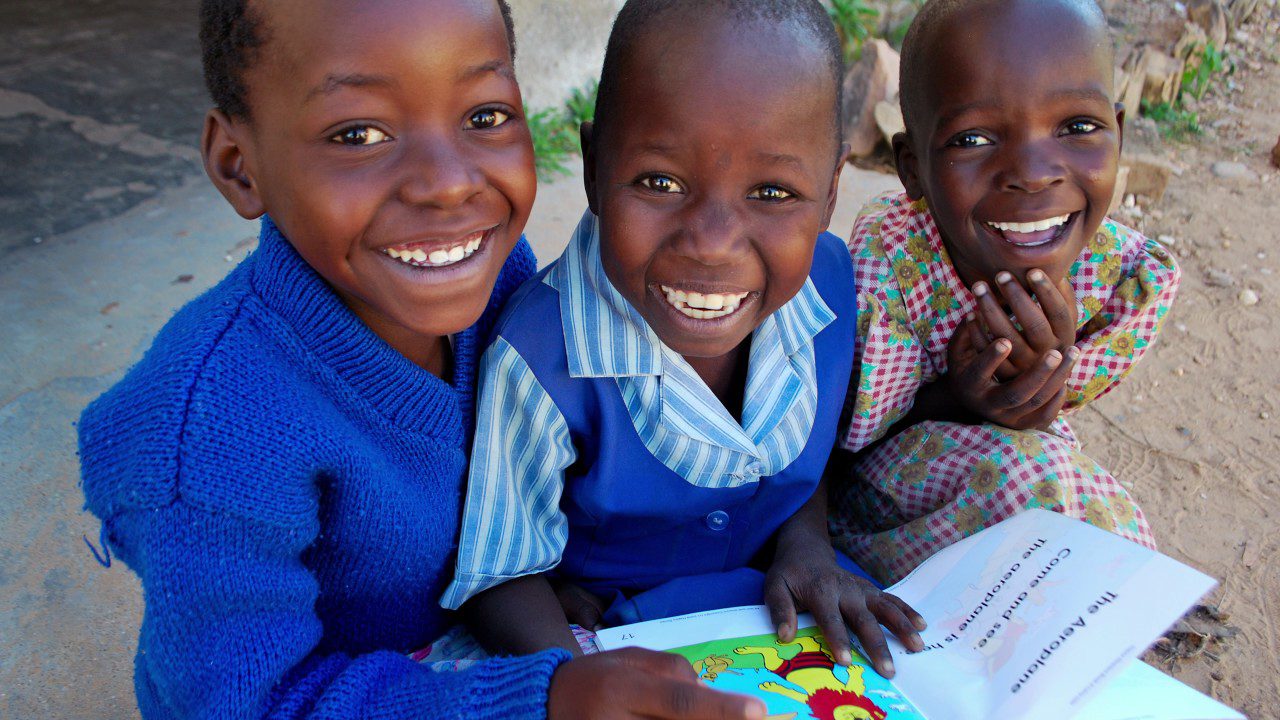Education is an essential tool for the human and social development of a country, and it is a fundamental right of all citizens. However, ensuring quality education for all in countries with socioeconomic and cultural inequalities is a challenge that many governments face around the world.
In Africa, these challenges are especially evident, as socioeconomic and cultural disparities can make it difficult to access education. A case that illustrates these challenges is that of Nigeria, the most populous country in Africa. Although Nigeria has the continent's largest economy, it still faces significant challenges in relation to education. According to UNESCO, Nigeria has about 10.5 million out-of-school children, most of whom live in rural areas or in extremely poor family conditions. These children face a number of challenges, including lack of access to schools, lack of resources to buy school supplies, lack of qualified teachers, and even armed conflict in some areas.
One of the main challenges in Nigeria is the lack of government investment in education. It is estimated that the country allocates only 5.6% of its total budget to education, well below the recommended minimum – UNESCO recommends that governments allocate at least 15% of their national budgets to education. In terms of investment per child, the organization estimates that an investment of around US$ 1,000 per child per year is required to ensure quality basic education. In many African countries, investment per child is still very low, having a negative impact on the quality and affordability of education. Nigeria also faces challenges in retaining qualified teachers, with many leaving the profession due to low pay and poor working conditions.
Another challenge is the lack of equity in education. Children in urban areas have greater access to quality education than children in rural areas. In addition, girls face additional challenges, including early marriage and lack of financial resources to attend school.
Facing the Challenges
To address these challenges, the Nigerian government has been taking steps to improve education in the country. The government has focused on increasing investment in education and improving the quality of teachers. In addition, there are already ongoing programs to promote equity in education, through policies that encourage the enrollment of girls in school and the inclusion of children with special needs.
In this context, the role of international organizations is also fundamental in supporting the development of education in Africa. UNESCO, for example, works with the Nigerian government to develop strategies to improve the quality of education and increase school enrollment. In addition, other international organizations such as the Bill and Melinda Gates Foundation and the Ford Foundation invest in education projects in Africa, including developing literacy programs and building schools.
However, there are still significant challenges to be faced. In addition to the lack of investment in education, Africa also faces challenges related to political instability, armed conflicts and population displacement, which can affect the education of children and youth. The COVID-19 pandemic has also exacerbated the situation, with school closures across the continent affecting millions of children.
Despite these challenges, it is important to recognize that education is a fundamental tool for Africa's development. Education can help reduce poverty, improve health and well-being, promote gender equality and empower local communities. It is therefore essential that African governments and the international community continue to work together to ensure that all African children and youth have access to quality education and are able to reach their full potential.
Education Transforms the Future of a Country
Investing in education is essential to transform a country and improve the lives of its citizens. An example of how a country can be transformed by education is the case of South Korea. During the 1960s, South Korea was a poor and underdeveloped country, with high illiteracy rates and an economy based mainly on agriculture. However, the Korean government has implemented ambitious education investment policies that have helped transform the country into one of the most prosperous and innovative economies in the world.
Through public policies that prioritized education, South Korea was able to significantly raise the population's education levels, invest in research and development and train a highly qualified workforce. This investment in education had a direct impact on the country's economy, making South Korea a center of innovation and one of the world's leading technology exporters.
By bringing this ideal to Nigeria, investing in children's education can have a similar impact on the economy and society. In addition to reducing poverty and promoting gender equality, education can help develop skills and competencies needed for the modern job market. Investing in quality education can help create a workforce that can compete globally, drive economic growth and improve people's quality of life.




